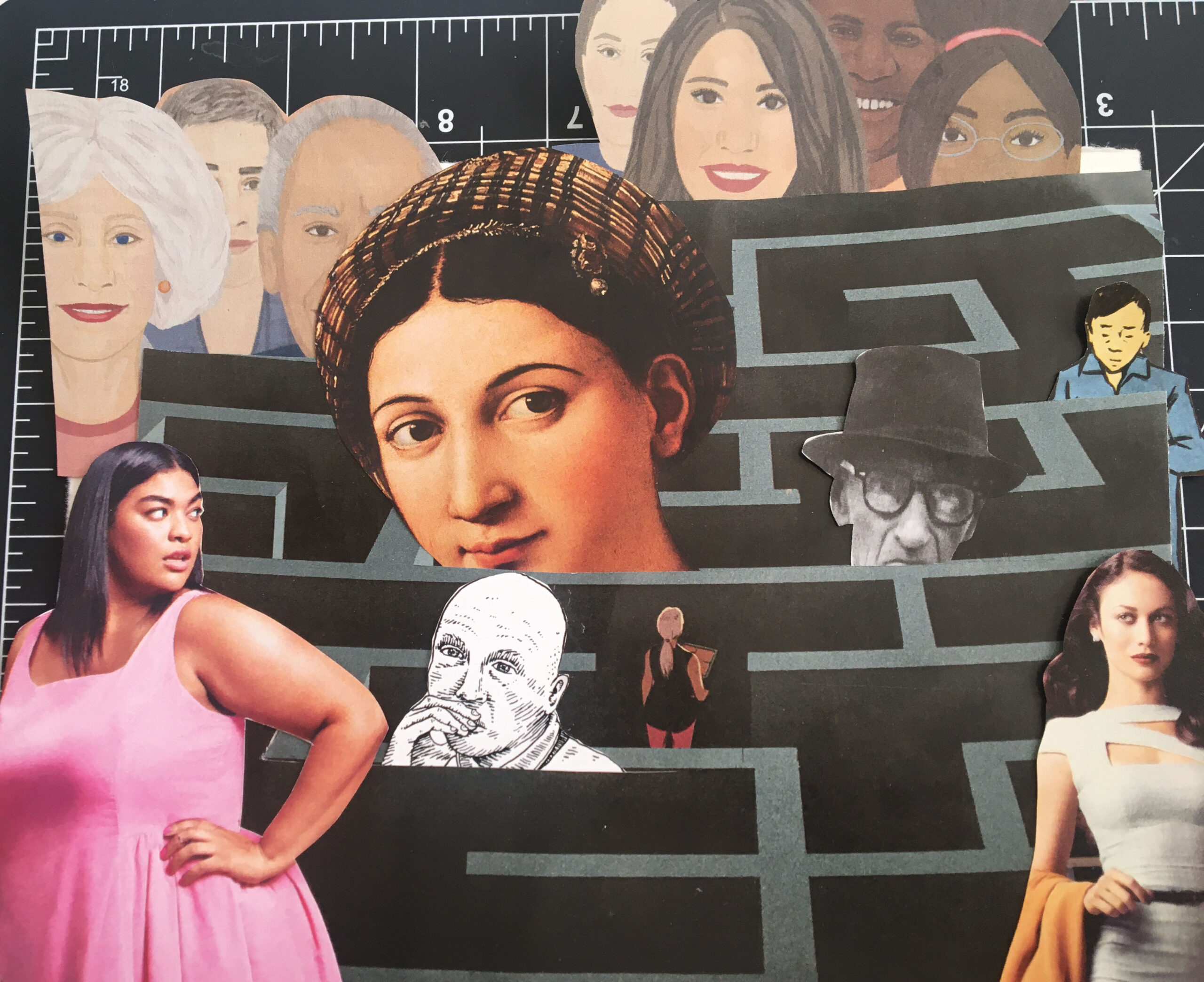


The Twelve Traditions are to the health of the group what the Twelve Steps are to an individual’s recovery. This secular version is reprinted with permission of AA Agnostica.
https://oa.org/working-the-program/twelve-traditions/
OA’s interpretation of the Traditions is more conservative than that of other Twelve-Step programs. For instance, AA has a more open understanding of Tradition Four, and they allow groups to use outside literature if the group agrees (called “group conscience”). OA adds caveats and puts its foot down when a group conscience decision is “harmful to OA as a whole.” The OA Trustees, who are elected and entrusted by OA fellows, are the ultimate arbiters of OA protocol. They are very clear they consider using non-conference-approved literature and alternative Steps as harmful. If OA meetings do use outside literature or Steps, they risk being “delisted.” They can still call themselves an OA meeting, but they cannot belong to an Intergroup or have their meetings listed on official OA websites (and that’s why some of our meetings are designated “unregistered”).
